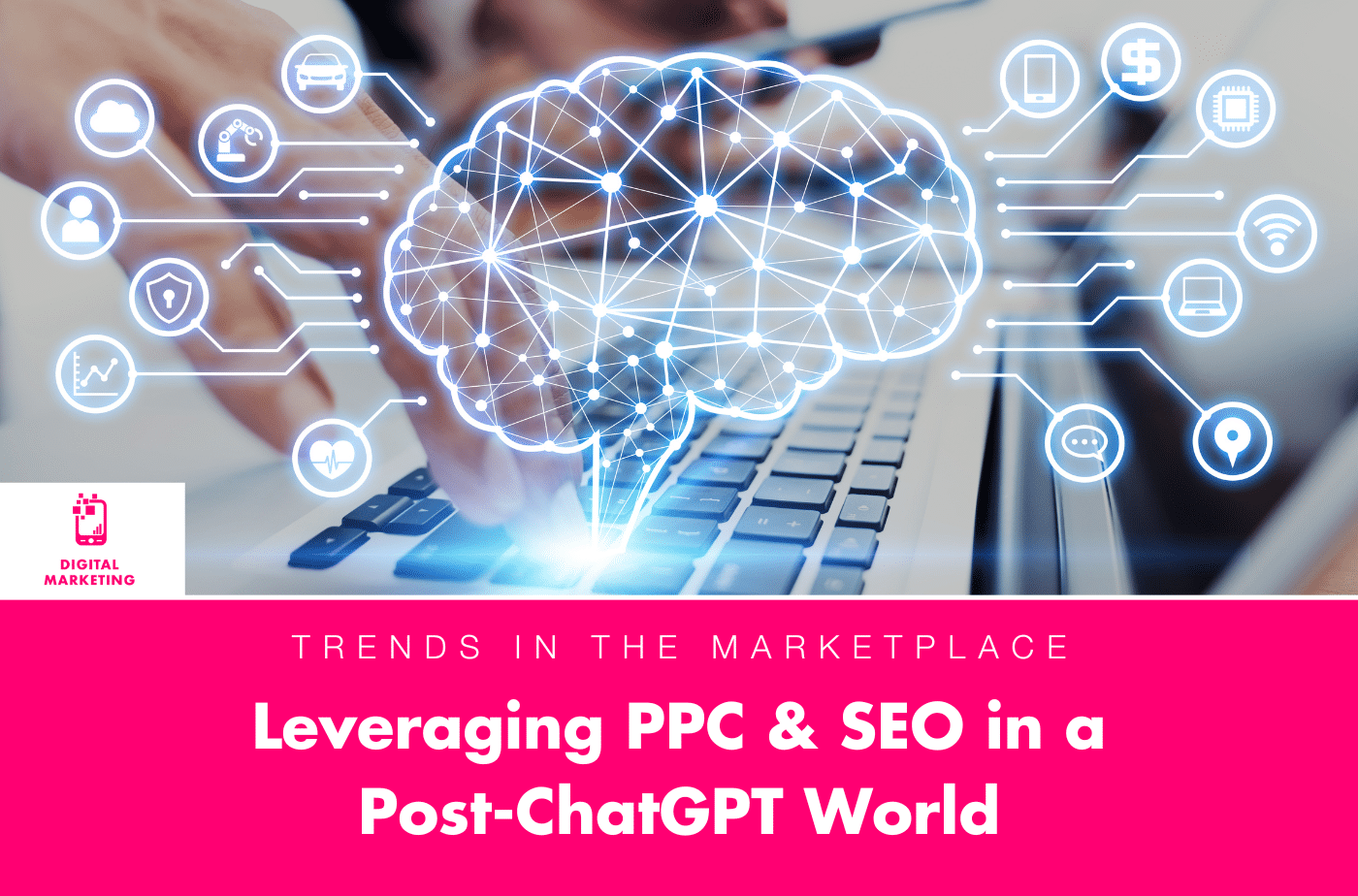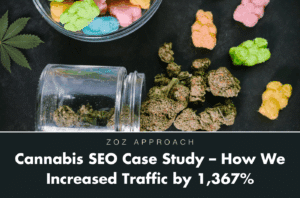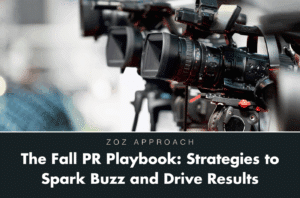The search engine landscape is about to experience a seismic shift with the introduction of ChatGPT. Microsoft’s announcement that it will be integrating this technology within Bing has huge implications for SEO and PPC – but also reveals new opportunities available to companies that are willing to adapt their strategies. In this article, we’ll discuss what these changes mean and how organizations can leverage them in order to remain competitive in an ever-evolving digital space!
Looking back: where we have been?
For the past two decades, Google has continually evolved its search engine to give users better and more relevant results. When a query is entered into the search bar, they offer a page of results that answer any query users input – combining paid listings from companies looking to gain more visibility and organic links to pages deemed most relevant by Google’s algorithms.
In the search industry (paid and organic), we use many different types of targeting including keyword targeting, audience targeting and others. For much of the life of the current paid search industry, we have used keyword targeting as one of many tools to help divine our audience’s intent and interest via the keyphrases used. With the integration of AI that’s not going away…well, not exactly. Rather, it’s becoming more sophisticated. The AI chatbot itself is-via chat-identifying that intent and interest in a different way. A way that should feel more natural to us as humans (or will anyway, once we get used to it). It’s approximating the way we used to discover information for thousands of years prior to the internet. That is, we talked to someone who knew about a subject.
Where are we now?
ChatGPT, a deep-learning AI developed in collaboration with OpenAI and backed by Microsoft could revolutionize the way you search online. By interacting directly with the AI through Bing – users can get more specialized answers to their query than ever before!
“This technology will reshape pretty much every software category that we know,” Microsoft boss Satya Nadella said.
Searching will become a more interactive experience. Now when you type in queries on Bing, you will get a more detailed answer with conversation-like context provided directly by the bot itself!
With ChatGPT, Bing is offering a new solution to the age-old dilemma of finding quick, reliable answers to questions. It’s true that accuracy can still be an issue for certain types of queries – but as this AI technology continues learning and growing, I believe that this will become less of an issue in the months and years ahead.
What does this mean for paid search?
As search moves away from its keyword-centric origins and evolves into an AI chat-driven industry, the US market’s $155 billion ad revenue is undoubtedly due for a shakeup. Despite the introduction of ChatGPT technology that delivers answers to questions based on user inquiries, it appears as though traditional paid advertising will still be present in some form – likely within or surrounding responses given by this new tech. To ensure maximum success with these ads, however, emphasis may need to shift towards audience targeting instead of solely relying upon keywords for conversions.
How you can take advantage of this change?
As mentioned, understanding who your target is and being able to successfully target them I believe will become more important in this AI-driven search world.
The paid search landscape has been built around a traditional sales & marketing funnel approach that we feel is misleading because it shows a rational and unrealistic decision process.
Instead, we believe that identifying and leveraging Category Entry Points (CEP) allows companies to drive sales while simultaneously building awareness in relevant buying situations, sidestepping the budget and media “waste” that accompanies traditional awareness efforts.
In an AI-driven search landscape, companies that can leverage paid advertising at category entry points we feel will be the most successful
What does this mean for SEO?
ChatGPT has the potential to revolutionize how people search for and consume online information. With its ability to quickly provide answers by pulling content from multiple sources, users won’t need to visit a variety of websites in order to achieve their desired results – resulting in decreased organic traffic and fewer ad impressions that generate valuable revenue streams.
What can you do?
ChatGPT uses an advanced AI to provide users with informative responses. Although the specifics of how it collates content remain unknown, testing by the Zozimus SEO Team reveals that sources tapped by ChatGPT range from renowned institutions and organizations to trusted brands.
The implication is that if you want a chat response to include what you write – strive for that brand recognition or make sure it can be found quoted by an authoritative figure!
In today’s AI-driven search landscape, Public Relations (PR) and earned media are essential for businesses to succeed. PR is all about creating a positive public perception of your business or brand. It’s the key to getting quoted on high-authority websites, enhancing overall awareness of what you do and who you are – all this leads to increased awareness and a broader reach of your brand!
What type of content should I produce?
Looking at the types of answers that are appearing within ChatGPT results two things are clear:
Your website content needs to quote authoritative sources (link out). Google recently updated its linking guidelines and said:
“Linking to other sites isn’t something to be scared of; in fact, using external links can help establish trustworthiness (for example, citing your sources). Link out to external sites when it makes sense, and provide context to your readers about what they can expect.”
ChatGPT is curating different sources of content into its answer. To ensure that the AI provides accurate information, it pays attention to content created by experts within their respective industries. Google calls this E-A-T (Expertise, Authoritativeness, and Trustworthiness, a concept that will likely continue becoming more important over time.
Overall, SEO and PPC practices must adapt to the changes brought by ChatGPT or face decreased organic traffic as well as fewer ad impressions. Using targeted audience reach and accurate SEO-ready content that cites authoritative sources can make all the difference. With a well-thought SEO and PPC strategy, businesses can continue to generate valuable revenue streams in this ever-changing search landscape.
Staying in the know of SEO and PPC trends is crucial to staying ahead of your online competitors. At Zozimus, our digital marketing teams are on top of how ChatGPT affects organic search and paid strategies so that we can give you the leading edge with expert optimization advice!
Don’t wait – reach out to us now for all your questions about utilizing ChatGPT for successful SEO & PPC management.
BOSTON, MARS



